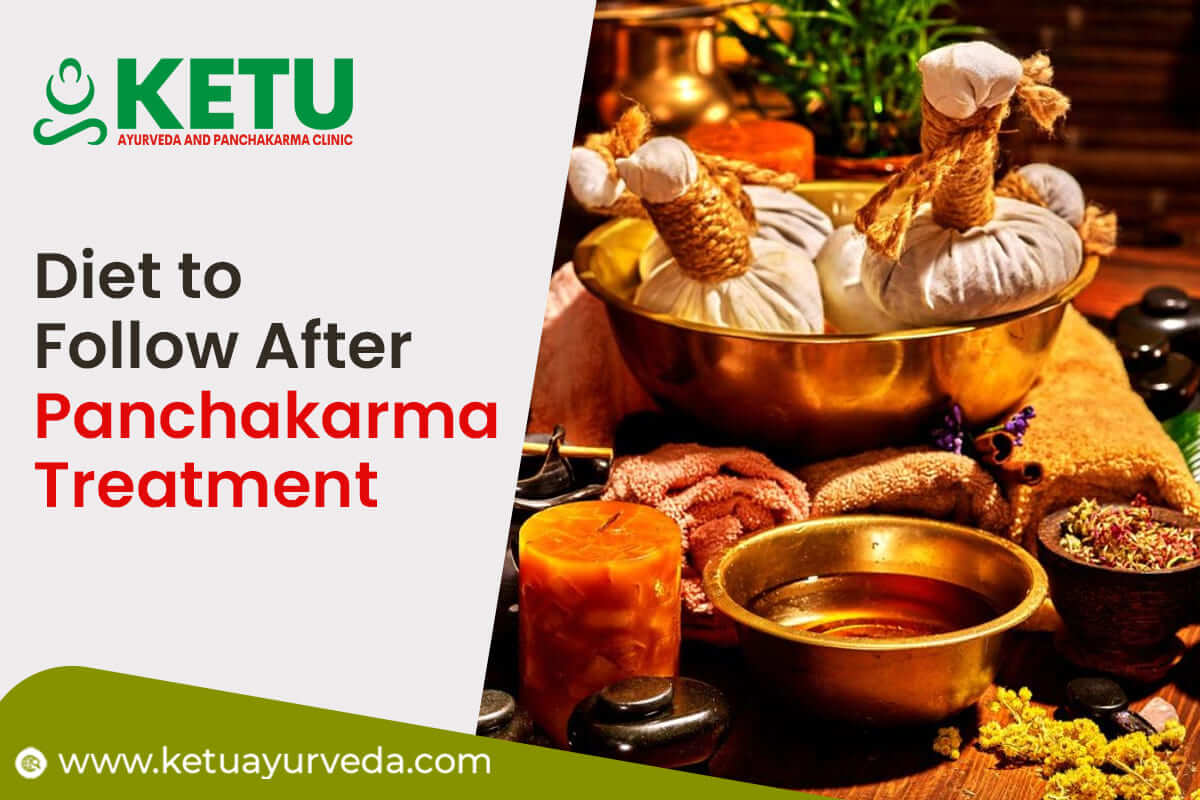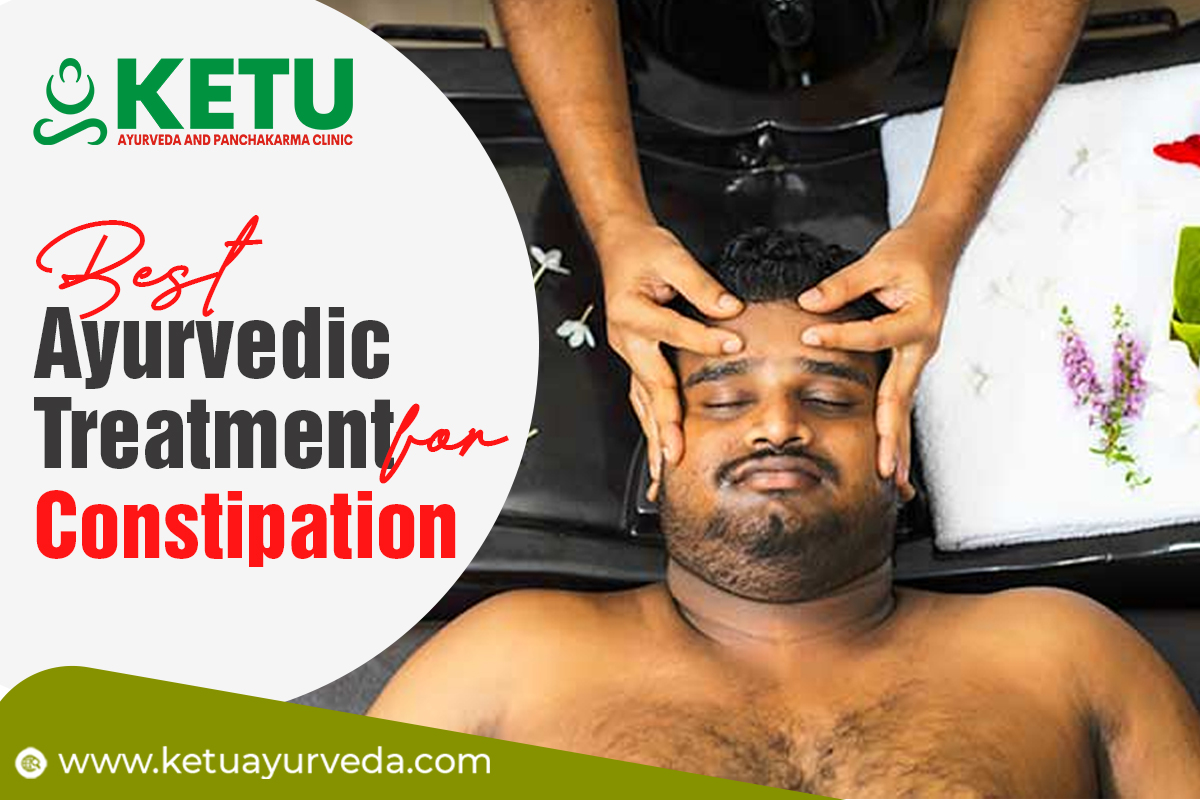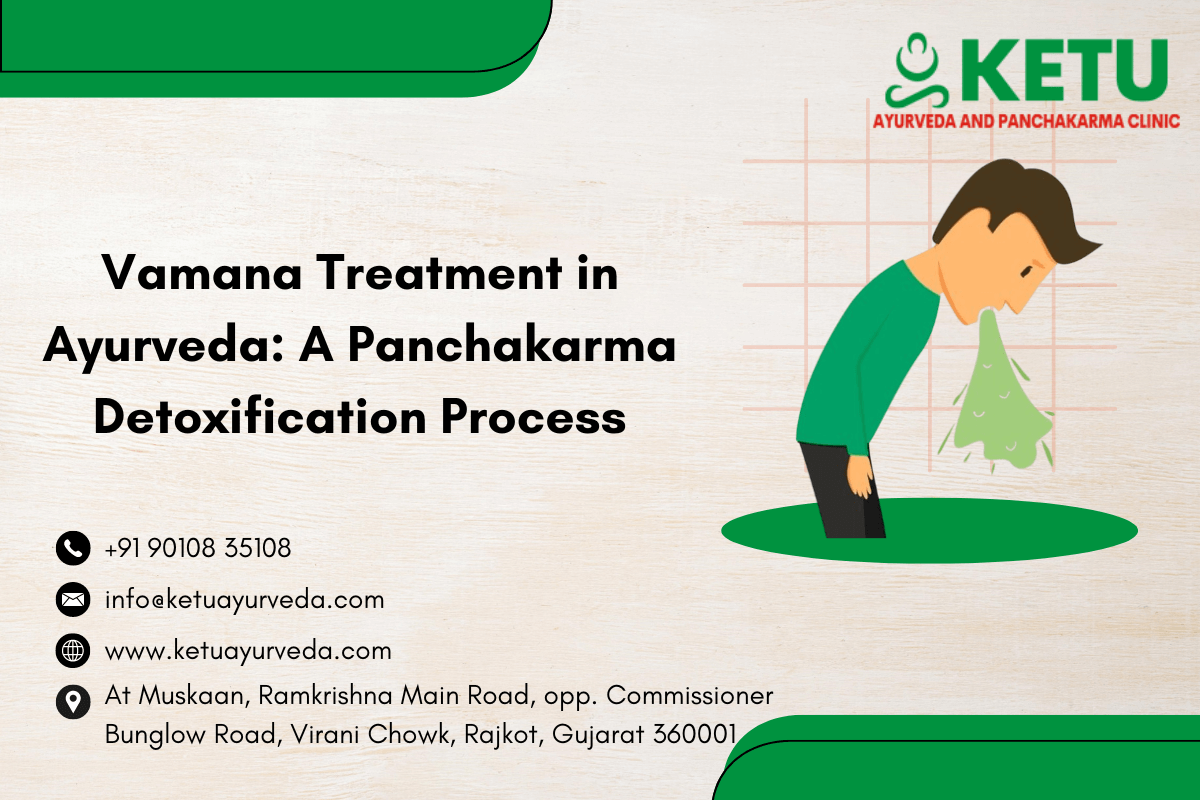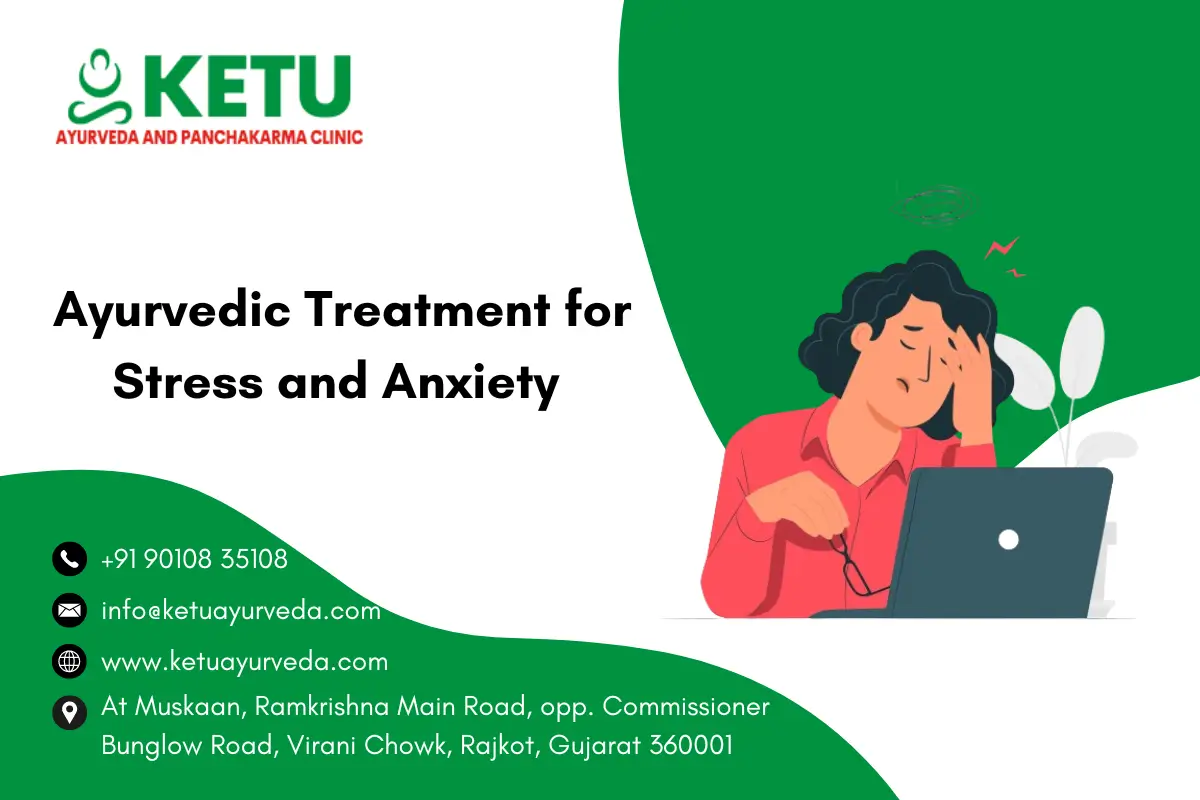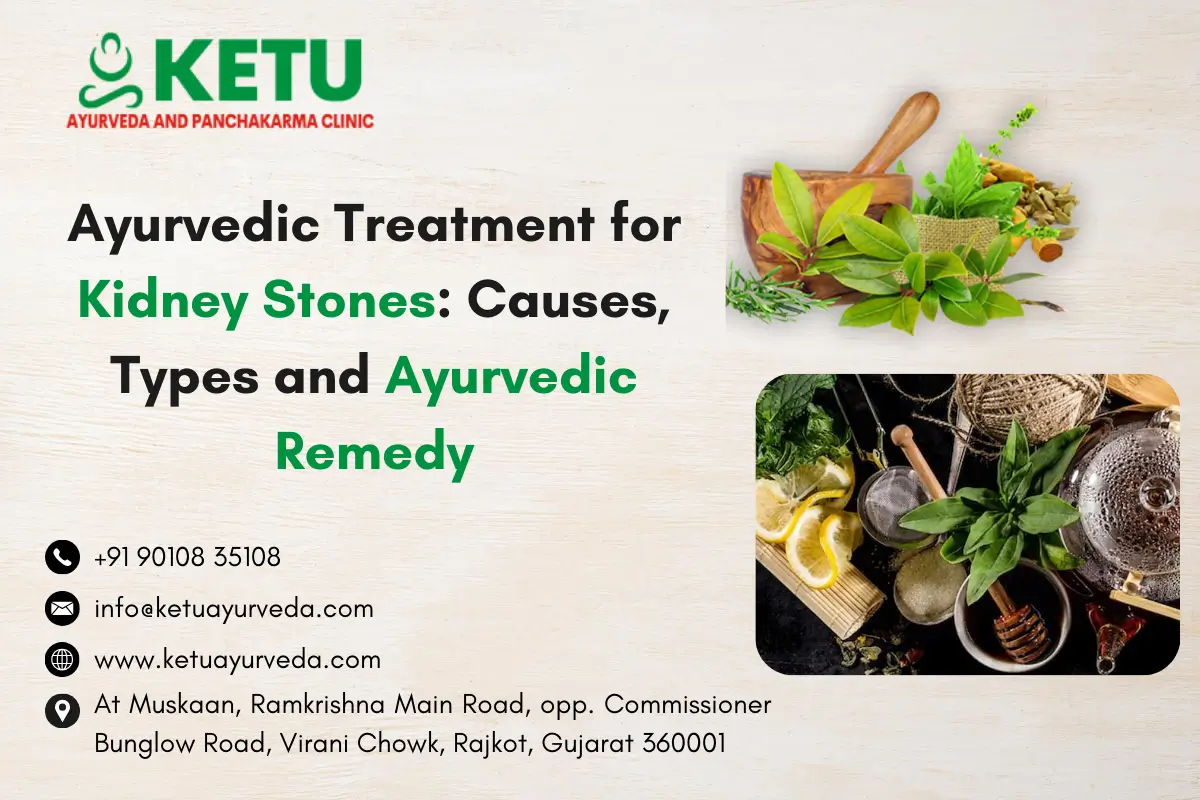Our immune system protects us from deadly threats, serving as a defence mechanism. Autoimmune diseases pose a significant health challenge, where the immune system mistakenly identifies its tissues as foreign invaders, resulting in inflammation and other symptoms. Ayurveda offers a holistic approach to addressing the root cause of autoimmune disorders to help improve the well-being of people with chronic conditions. In this blog, we discuss the Ayurvedic perspective on autoimmune disorders and how it helps achieve immune balance.
What are Autoimmune Disorders?
Autoimmune disorders are conditions where the immune system mistakenly attacks the healthy cells that can lead to chronic conditions such as Type 1 diabetes, rheumatoid arthritis, inflammatory bowel diseases, celiac disease, graves disease, multiple sclerosis, psoriasis and other health conditions. These disorders affect various parts of the body with unique symptoms and challenges. At Ketu Ayurveda and Panchakarma Clinic, we resort to a natural approach to manage autoimmune diseases tailored to each individual bodily constitution & symptoms. Visit our Ayurvedic hospital in Rajkot to begin your journey towards wellness.
Ayurvedic Perspective on Autoimmune Diseases
Unlike conventional medication that focuses on treating symptoms, Ayurveda aims to restore bodily equilibrium and immune responses. The Ayurvedic perspective on autoimmune disorders primarily revolves around two principles: detoxification and rejuvenation.
Ayurvedic Approach to Immune Balance
- Strengthening Digestive Fire (Agni)
Agni, or digestive fire, is the core of the Ayurvedic principle. It helps to break down food and absorb nutrients while flushing out toxins. When Agni becomes weak, toxins accumulate that can lead to autoimmune disorders. Ayurvedic treatment focuses on balancing digestive fire, improving metabolism and purifying the blood.
- Balancing Doshas
According to Ayurveda, autoimmune diseases are the result of doshic imbalance. ‘Doshas’ are the three energies that define a person’s constitution: Vata, Pitta, and Kapha. Our Ayurvedic doctor in Rajkot tailors treatments to bring doshas back to harmony and balance. For example, if your Vata doshas have increased, warm food and relaxation, Ayurvedic techniques are recommended. In case your Pitta dosha is imbalanced, cooling foods and calming therapies are recommended.
- Flushing Toxins
Accumulated toxins that are residue from undigested food are a primary factor of autoimmune diseases. Ayurvedic Panchakarma treatment, such as cleansing or rejuvenation, herbal remedies, and lifestyle changes, eliminates toxins and restores immune balance.
- Ayurvedic Therapies
Alongside herbal remedies, Ayurvedic Panchakarma, a comprehensive detoxification treatment, is recommended for autoimmune conditions. This holistic approach involves a range of therapies, from massage to herbal steam baths, all aimed at flushing out toxins and restoring the delicate balance of doshas in the body.
Ayurveda offers a holistic approach to managing autoimmune diseases by focusing on restoring balance within the body. Consult with our best Ayurvedic MD doctor in Rajkot for a more personalized approach, a sense of harmony and a healthy immune system.



